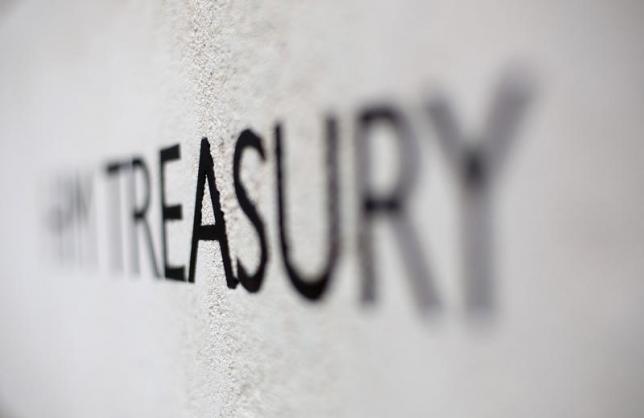High profile tax fraud prosecutions helped reduce the tax gap by £5 billion last year.
Film producers, accountants, financial advisors and investment bankers were jailed for a total of 36 years for taking part in a £2.2 million film tax scheme fraud.
In a separate case, three more men, including an accountant and a construction firm boss were jailed for a total of 19 years after a £6.9 million payroll fraud.
Despite recovering £5 billion, fraud still accounts for almost half of the £34 billion tax gap.
The lost revenue has led the government to pressure HM Revenue and Customs (HMRC) to act to stem the massive loss.
Confession trade-off
HMRC has reorganised fraud investigators into a specialist team and wants to extend their operations, said tax expert Paul Noble, of lawyers Pinsent Mason.
He explained HMRC runs a contractual disclosure facility (CDF) to urge co-operation from taxpayers under investigation.
The CDF offers to withdraw any criminal prosecution in return for full disclosure of tax fraud.
“CDF gives taxpayers the opportunity to avoid criminal investigation and lengthy prison sentences, Noble wrote on the Pinsent Noble web site.
“It’s essential that if you are offered the CDF, or have a disclosure to make, that you seek specialist advice as HMRC has adopted an increasingly aggressive stance to those who don’t cooperate.
“With the right advice, someone with an issue to disclose can do so without the risk of criminal prosecution. Proactive disclosure of tax irregularities has its advantages.”
What is the tax gap?
The tax gap is the difference between the amount of tax that HMRC believes should be collected in a year compared with the amount collected by The Treasury.
HMRC explains the tax gap is created in several ways – from incorrect completion of tax returns to fraud.
The latest official figures set the gap at £36 billion or 6.5% of all tax due.
Tax avoidance and criminal evasion add up to £8.4 billion, with another £4.8 billion drained away by criminal attacks, such as hacking and phishing.
“The trend is for the gap to narrow,” said an HMRC spokesman.
“In the past decade, the amount has reduced from 8.3% to 6.5%, where it seems to be levelling out.”
